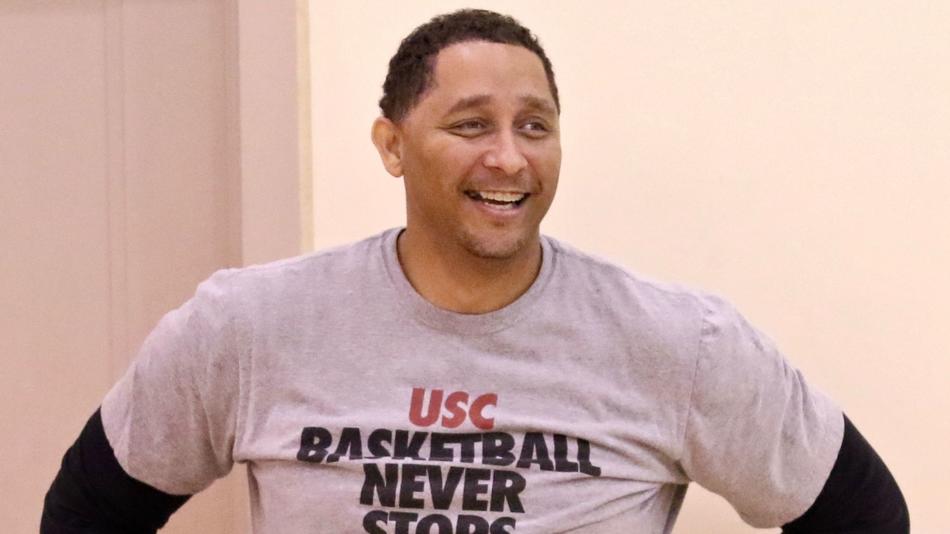27 September 2017
In the early days people played sport for fun. Later, royal courts organised games for entertainment. Thereafter, the royal courts started recruiting successful sportsmen in to the army. This was the beginning of pecuniary interest in sports. Today sports have become commercial.
Football is a high-income sport. The National Football League (NFL) and its 32 teams raised $1.07 billion in sponsorship revenue for the 2013 season. They also earn another $1 billion from DirecTV which streams live TV programs.
Not to be left behind, 231 NCAA (National Collegiate Athletic Association) Division I schools earned a total of $9.15 billion in revenue during the 2015 fiscal year.
Today, teams and players have become tradable like commodities in the open market. The players do not enjoy the game because they are under pressure to win and make money. Coaches play a major role in spreading corruption in college sports. Coaches are bribed by agents/ advisors to influence the parents and students to get the business. Coaches also take money from students and parents for selecting the players.
There is big money in sports. Where there is big money there is also big corruption. Today, four NCAA assistant basketball coaches from Arizona, Auburn, Oklahoma State and Southern California have been arrested by FBI. Adidas executive James Gatto and two other people affiliated with Adidas were also arrested.
The FBI’s investigation began in 2015 and it was kept secret. FBI filed the charges on Monday. The court unsealed the filings today.
Tony Bland, an associate coach of the University of Southern California was paid $13,000 by an undercover FBI agent investigating fraud and corruption. Hidden video cameras and a microphone recorded their conversations. The FBI has been investigating the influence of illicit money on college basketball coaches and athletes. To build up the case, FBI used two undercover agents, numerous authorized wiretaps and a cooperating witness, according to court documents.
FBI said that the investigations are far from over. They are setting up a tip line for those with more information on frauds in the college sport.















